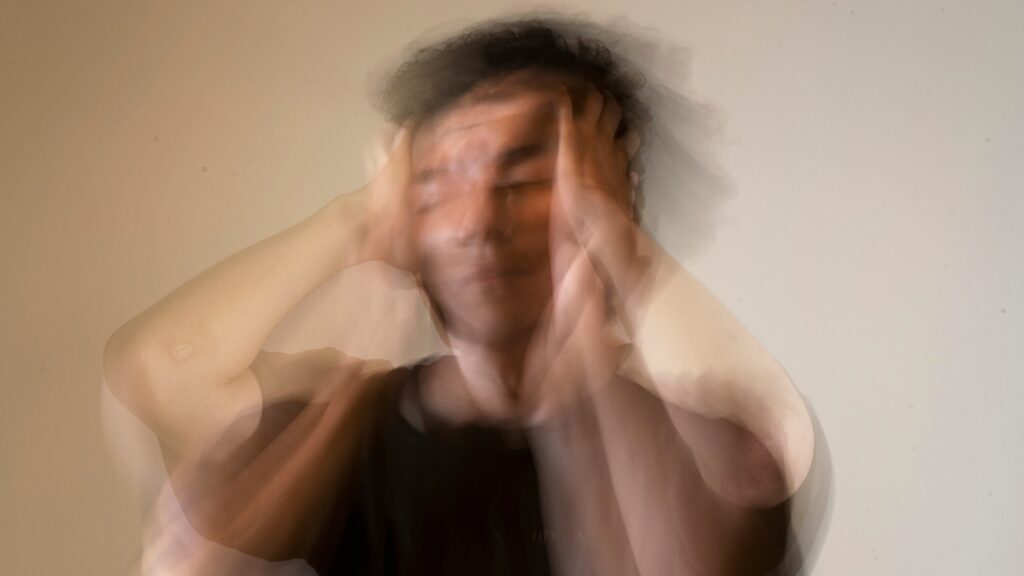
Bipolar disorder, a condition marked by extreme mood swings, affects countless lives globally. A particularly distressing aspect of this disorder is its association with a high risk of suicide, compounded by the often drug-resistant nature of bipolar depression. However, groundbreaking research by Francesco Benedetti, MD, and colleagues offers a beacon of hope through an innovative treatment approach known as chronotherapeutics.
The Study: A New Dawn in Treatment
The study, conducted from December 2006 to August 2012, involved 143 inpatients diagnosed with a major depressive episode within the spectrum of bipolar disorder. The focus was on individuals who had shown resistance to conventional drug treatments and, alarmingly, a significant portion of whom had a history of suicide attempts.
Chronotherapeutics combines several time-based interventions, notably total sleep deprivation, light therapy, and the administration of lithium, to target the circadian rhythms that are often disrupted in patients with bipolar disorder. Participants underwent three consecutive cycles of total sleep deprivation, interspersed with recovery sleep, accompanied by bright light therapy in the mornings over two weeks. Those already on lithium continued their treatment, while newcomers to lithium therapy were initiated.
Remarkable Outcomes: A Light in the Darkness
The results were nothing short of remarkable. A substantial 70% of the study completers achieved a 50% reduction in their depression severity within just one week, as measured by the Hamilton Depression Rating Scale. Even more compelling was the immediate and sustained decrease in suicidality observed soon after initiating the treatment protocol.
Notably, the study highlighted that a prior history of suicide attempts did not diminish the efficacy of the treatment, ensuring that this approach could offer universal hope. Additionally, the treatment’s benefits were not confined to the short term; a significant number of responders maintained their improved state and were able to be discharged from the hospital on lithium therapy alone.
The Role of Light Therapy
A critical component of this treatment regimen is light therapy, a non-invasive method that has shown great promise in regulating mood by mimicking the natural light of the sun. Light therapy, as part of this combination treatment, has been instrumental in achieving rapid and sustained antidepressant effects, including the reduction of suicidal thoughts and behaviors.
For those exploring light therapy solutions, Alaska Northern Lights offers a range of products designed to provide the therapeutic benefits of natural sunlight. Their light therapy lamps are tailored to support mental health and well-being, aligning with the positive outcomes observed in chronotherapeutic studies.
Conclusion: A Future Brightened by Innovation
The study conducted by Benedetti and his team is a testament to the potential of chronotherapeutics in transforming the treatment landscape for bipolar depression, particularly for those with drug-resistant forms of the disorder. The combination of total sleep deprivation, light therapy, and lithium offers a rapid, effective, and non-invasive way to alleviate the burdens of depression and suicidality.
As we continue to seek out innovative treatments for complex mental health conditions, the role of light therapy, exemplified by providers like Alaska Northern Lights, becomes increasingly significant. Through continued research and clinical application, we edge closer to a future where the darkness of bipolar depression is met with the enduring light of hope and healing.








